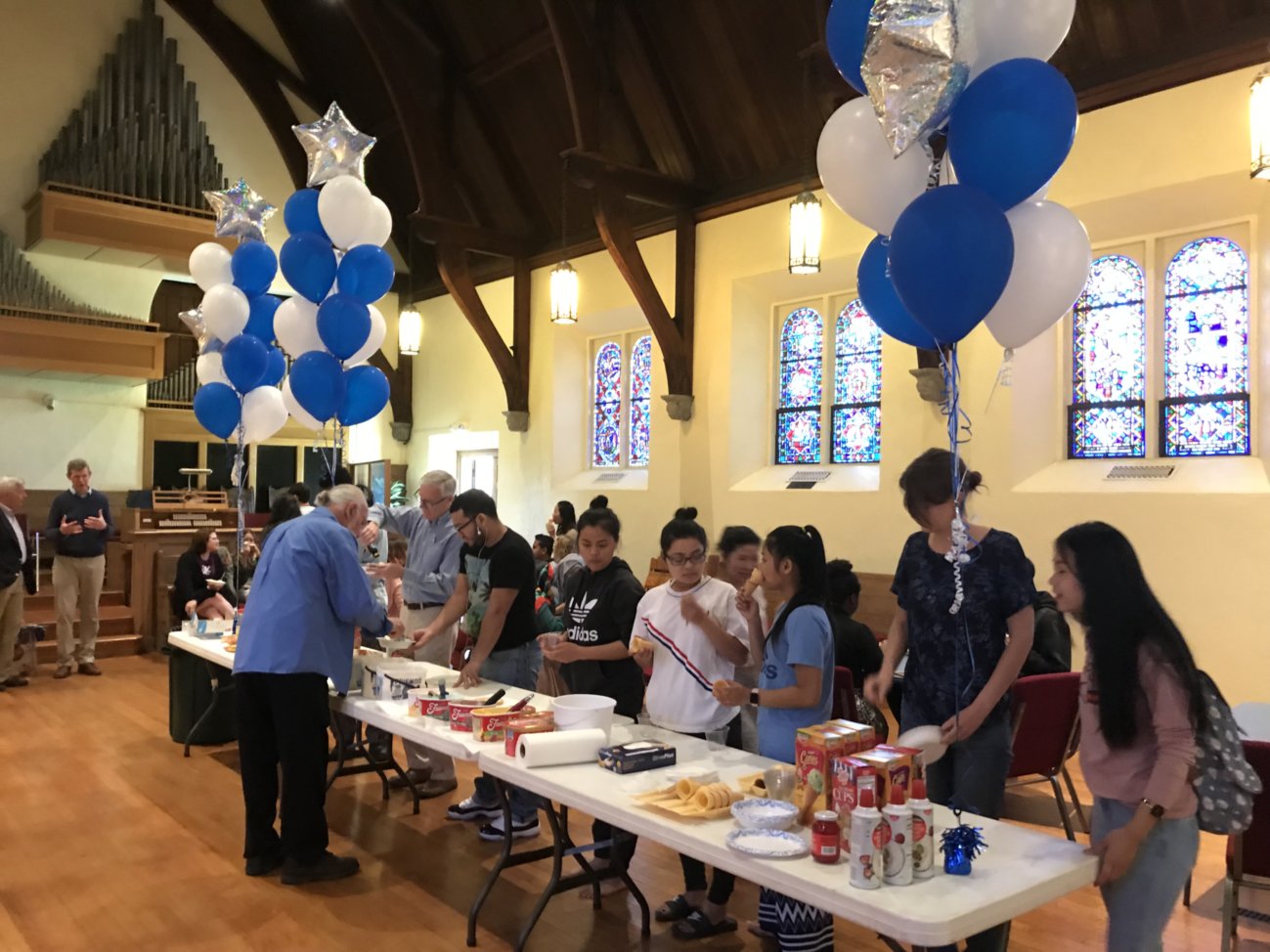
MISSION
Our Mission
Christianity has entertained a running debate over the centuries concerning the primacy of “faith” and “works.” As a general rule, Protestants have come down on the side favoring faith as the defining characteristic of a Christian believer. Having said that, most Protestants would agree that a faith devoid of “works” would be a dismal one. This even is expressed in scripture, in the epistle of James, who penned this memorable opinion:
“What good is it, my brothers and sisters, if you say you have faith but do not have works? Can faith save you? If a brother or sister is naked and lacks daily food, and one of you says to them, ‘Go in peace; keep warm and eat your fill,’ and yet you do not supply their bodily needs, what is the good of that? So, faith by itself, if it has no works, is dead.” – James 2:14-17
In practice, Mission (a term with many synonyms, including service, benevolence, compassionate care, alms-giving, and so on) describes the acts, ministries, policies, and theology that grow out of Christian response to Jesus’ call to love one’s neighbor as oneself.
In that respect, mission has been a hallmark of First Church since its beginning. Current mission activities include what might be called a direct response to the challenge laid down by James in the above quote: a weekly food pantry that distributes much-needed groceries and toiletries to West Side residents. Our ministry also includes supporting the construction of a shower and laundry facility at the nearby Pilgrim St. Luke’s UCC church for the refugees who stop in Buffalo en route to permanent residence in Canada.
The list of current mission work carried out by First Church and the financial support we offer to various organizations could go on and on, but suffice it to say that this commitment to people in need is in our DNA. The spirit and reality of compassion for our neighbors was demonstrated in 1894 when First Church members organized an immigrant settlement house called Welcome Hall to serve as a center of the church’s community activities. Dr. William McLennon, a later director of the center, described the inspiration for Welcome Hall:
“My ideal for this institution has always been that of the good Samaritan. Anyone in the neighborhood has been allowed to use Welcome Hall for any purpose not contrary to the law of the land. We never asked the people to sacrifice any of their own beliefs. Thus, have men, women, and children of many different races and religions … met and mingled at Welcome Hall as members of a common humanity …”
The physical Welcome Hall no longer exists, but its spirit animates much of the “good works” First Church continues to engage in.